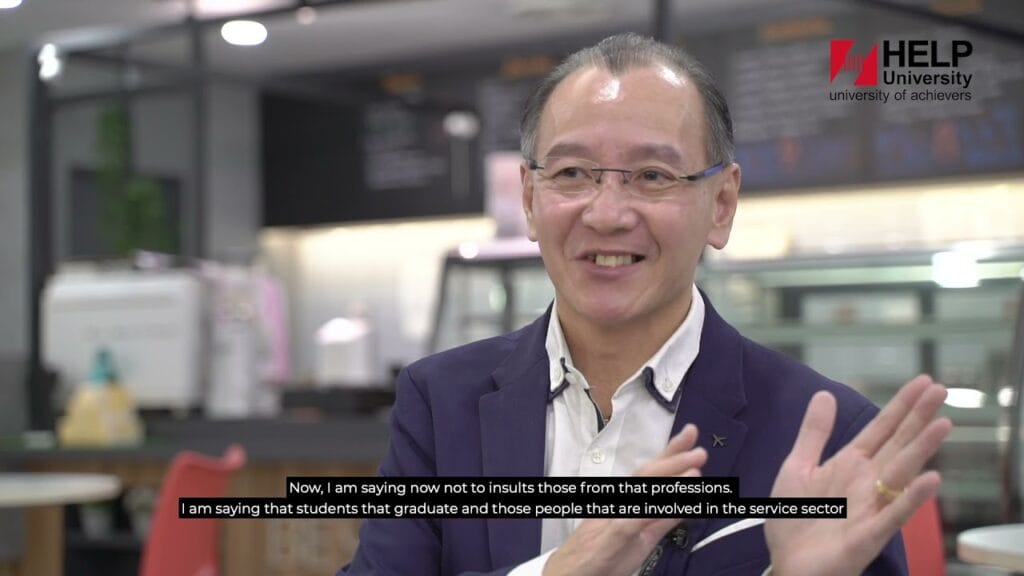Before COVID-19, travel and tourism had become one of the most important sectors in the world economy, accounting for 10 percent of global GDP and more than 320 million jobs worldwide.
In 1950, at the dawn of the jet age, just 25 million people took foreign trips. By 2019, that number had reached 1.5 billion, and the travel and tourism sector had grown to almost too-big-to-fail proportions for many economies.

The global pandemic, the first of its scale in a new era of interconnectedness, has put 100 million jobs at risk, many in micro, small, and medium-sized enterprises.
Tourism-dependent countries will likely feel the negative impacts of the crisis for much longer than other economies. Contact-intensive services key to the tourism and travel sectors are disproportionately affected by the pandemic and will continue to struggle until people feel safe to travel en masse again.
The travel bubble burst with the onest of the global pandemic putting a major dent in the travel industry and thus, affecting the future of students thinking of majoring in hospitality and tourism. This has given students a cause for concern as to whether or not, the traditional educational pathway as dictated by degree programmes are still considedered viable or even marketable. ‘This, said Dr. John, ‘is because many of the students, their parents, the societies where they come from have got this traditional mindset of employability.’ The tradional educational pathway has long since being eroded by the advent of digital disruptions such as studying online and microcredentials, which the parents, and to a large extent, the students themselves, are still stuck in this time warp.
‘What it basically means is that, the younger population right now do not want to conform to a rigid educational pathway. They want to challenge themselves, to see what are the opportunities available to them beyond what they eventually graduate from.’ said Dr. John.
The trend of travelling today has also changed the dynamics in how the tourism industry has to reformat themselves in terms of providing their services and activities. ‘Many people are actually spending time researching what they would like to do when they travel.’ Dr. John pointed out and because of the changing climate due to the pandemic, people are prepared to travel fo shorter durations and are prepared to spend more to upgrade themselves. The pressures and concerns of the pandemic has also caused travellers to opt for a free and easy travel package that allows them to experience activities at their own time and leisure.
Thus, Dr. John said, ‘We are now looking at the demand side of economics today in recognizing that travellers would be the one who decide where they want to go, when they want to go and how much they are prepared to pay.’ That is why the tourism industry, travel planners, particularly those in hospitality and those earing a degree in the industry, they have to adapt and mould their services and thinking towards the new normal of requirements for travellers.
Hospitality and tourism industry has to buckle the trend of just showing off a fancy website and follow the changing trend now, thanks mostly in part to the uprise of social media becoming a very important pipeline for people to explore beyond the traditional way of travelling.
The HELP Hospitality and Tourism programme explores the industry from a social, economic and environmental perspective and equips students with a wide range of knowledge and skills to meet the requirements of an industry governed by increasingly high standards and sophistication.
Our graduates are equipped with professional skills to provide distinctive services and manage hospitality and tourism products, facilities and resources to global standards. The programme incorporates diverse areas such as tourism strategy and planning, tourism systems analysis, sustainable tourism and hospitality practices, global destination competitiveness, economic decision-making in hospitality, cultural values and tourism trends, sustainability and marketing.
School of Hospitality & Tourism Training Microcredentials Courses
The School of Hospitality & Tourism offers Training Microcredentials courses that may be counted as credits towards a Bachelor’s degree from SHOT’s department. These courses range from Digital Marketing & Tourism to Integrated Marketing Communications Strategy for Tourism Service. Fees start at RM600. Please consult our guidance counselors for the terms and conditions for these courses.
For more info on our Microcredential courses, visit: https://hmcr.help.edu.my/stm_lms_course_category/elm-graduate-school/
For more info on SHOT’s degree programmes, visit www.university.help.edu.my or call 03-2716 2000 to speak to our guidance counselors today.
